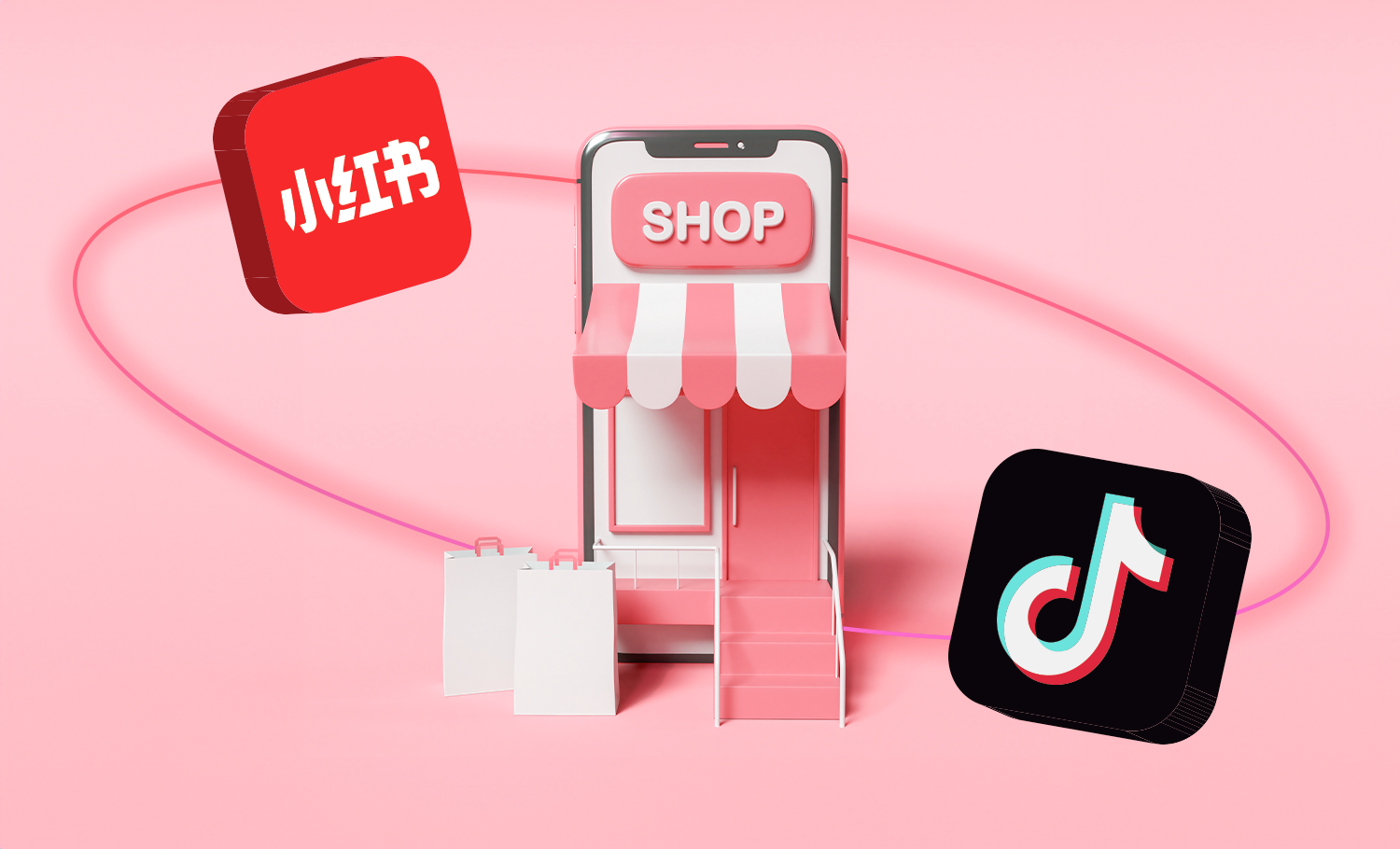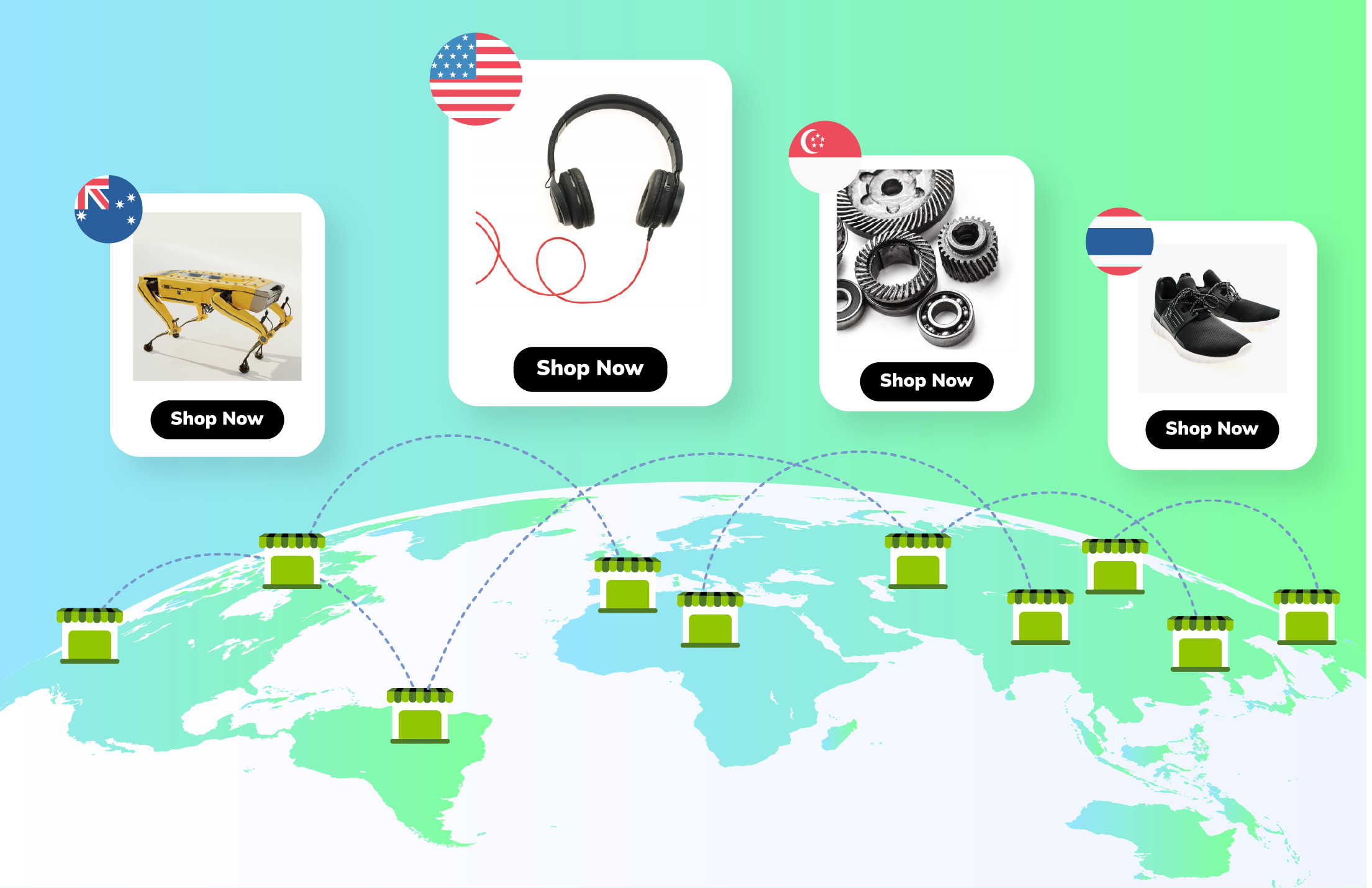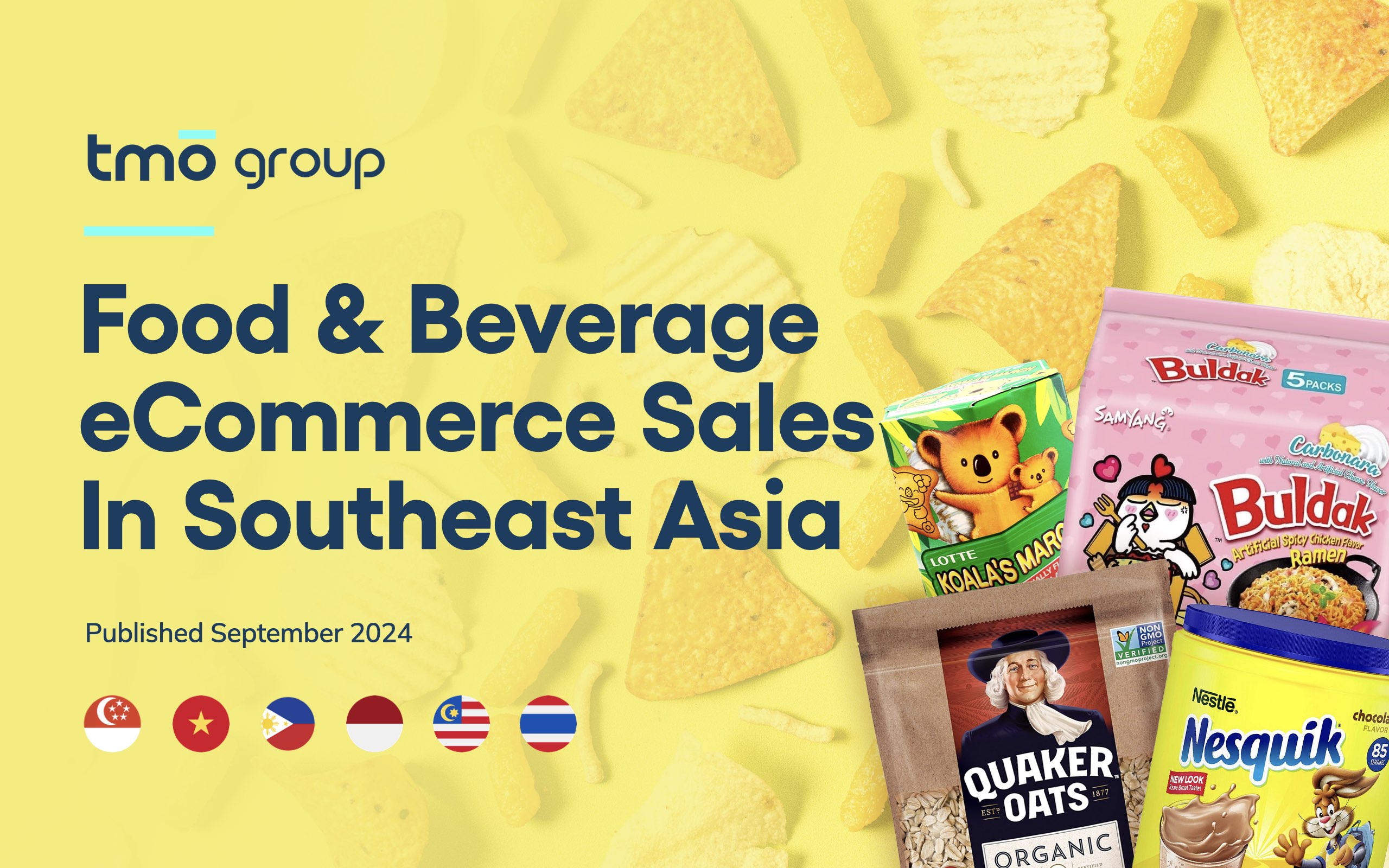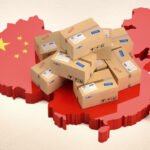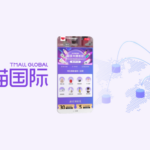Cross border business is never easy, especially in China: It's still early April in 2016, but already 3 foreign brands have given up China market this year.
According to estimates, around 48% of foreign businesses fail in China within 2 years of entering the market, an astoundingly high figure. We put these "sad news" together with possible reasons, hoping it can offer some valuable insights for organizations aspiring to make a mark in this complex market.
ASOS
British online fashion and beauty store. Primarily aimed at young adults.

Exit:
In April, 2016, British Online fashion retailer Asos announced that it will shut down its local operations in China and serve the market via its main Asos.com website instead. The fast-fashion eCommerce has estimated that the move will cost £10m, much of which will come from operating losses and the costs associated with the closure of a fulfilment center.
Reason Why it Failed: Customers
One major reason ASOS failed in China is that they did not fully understand their Chinese customers.
As in every market, ASOS’s key consumers in China are 18-25 years old. ASOS did not come up with a great pricing strategy to meet the needs of its Chinese potential buyers. Other than pricing, ASOS's digital approach on Chinese Social media platform seemed rather conservative, which offered limited help to its sales.
Meanwhile, ASOS also faced tough competition from the eCommerce side: Chinese company Alibaba dominates the online fashion market in China. ASOS has its own eCommerce site (ASOS.cn), but lack of Chinese customer understanding resulted in poor user experience of its eCommerce.
Karicare
New Zealand's baby formula brand owned by Danone Nutricia

Exit:
On March 31st, 2016, Danone has confirmed plans to stop selling its New Zealand-made Nutricia Karicare infant formula brand in China in order to increase its focus on developing its Aptamil and Nutrilon brands.
Danone Nutricia said it was now focussing on developing its two other baby formula brands, Aptamil and Nutrilon, in the Chinese market and that Karicare would continue to be sold in Australia and New Zealand.
Reason Why it Failed: PR hesitation & branding failure
It is believed that the withdrawal of Karicare is mainly the result of a company strategy shift. At its prime, Karicare ranked 2nd and 3rd on his website in 2011 and 2012. In 2013 the demand for Karicare dried up, however, following a fake botulism scare regarding New Zealand dairy producer Fonterra.
In August 2013, New Zealand Fonterra said it had found a potentially fatal ingredient in a range of products sold by several companies, including Danone. After Danone recalled its Dumex and Karicare products, the scare turned out to be a false alarm. Because of lacking in PR moves immediately after this, it did cause distrust among Danone consumers.
The other reason is branding. Being one of Danone diary's subsidiaries, Karicare has to face the competition from its own parent company. Fact is: Danone owns so many diary brands, many of which are very similar and compete with each other, so after Fonterra incident, it's a natural decision for Danone to withdraw Karicare from China.
Delivery Hero
German online food and beverage-ordering service operating internationally in 29 countries
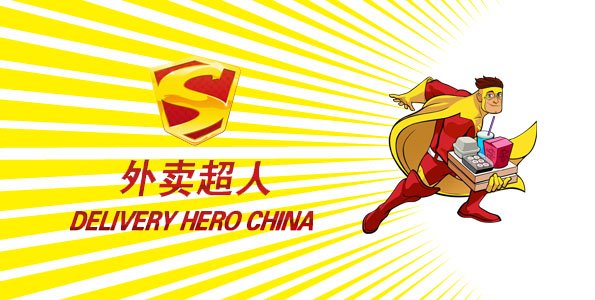
Exit:
In March 2nd 2016, Delivery Hero announced that it has taken the decision to discontinue investing in its Chinese business Waimai Chaoren that currently employs c. 400 people.
Reason Why it Failed: Competition
China's O2O market is facing fierce competitions, and unfortunately Delivery Hero failed to compete with local power.
The company based its decision on the unique competitive situation in China that has become anything but sane with competitors flooding the markets with free food to users without charging commission from restaurants. Under these circumstances Delivery Hero feels that the amount of investment required is incalculable. The Chinese market as it has evolved over the last 12 months doesn’t fulfill the investment criteria of Delivery Hero anymore.
Major Takeaways?
1. Foreign brands often don't realize how complex things are in China
i.e, of local culture, social norms, and most importantly consumer preferences.
2. It's about the customers.
User experience matters. Design your eCommerce to top your Chinese user experiences, and win their hearts.
3. The digital marketing approach in China is different, but very important.
Chinese customers are more digital-savvy than you expected. What you need is to foresee the trend and stay ahead of the game.
4. Overall, this market is full of opportunities, along with challenges.
As a leading digital solution provider in China for years, we can provide cutting-edge technology solutions with China market specific experiences. Feel free to contact TMO Group, and we are more than happy to “build the bridge” between your brand and China market.


